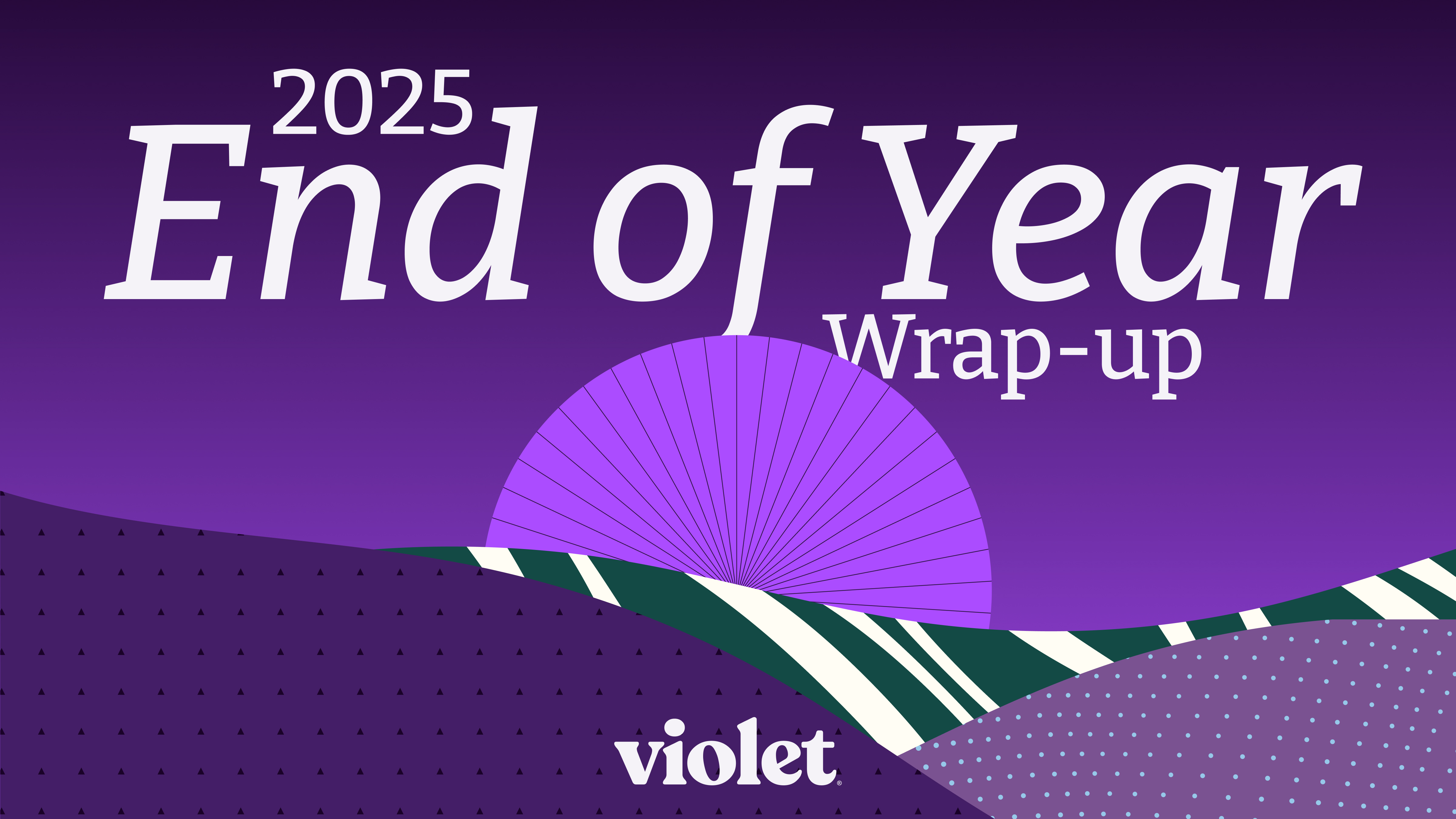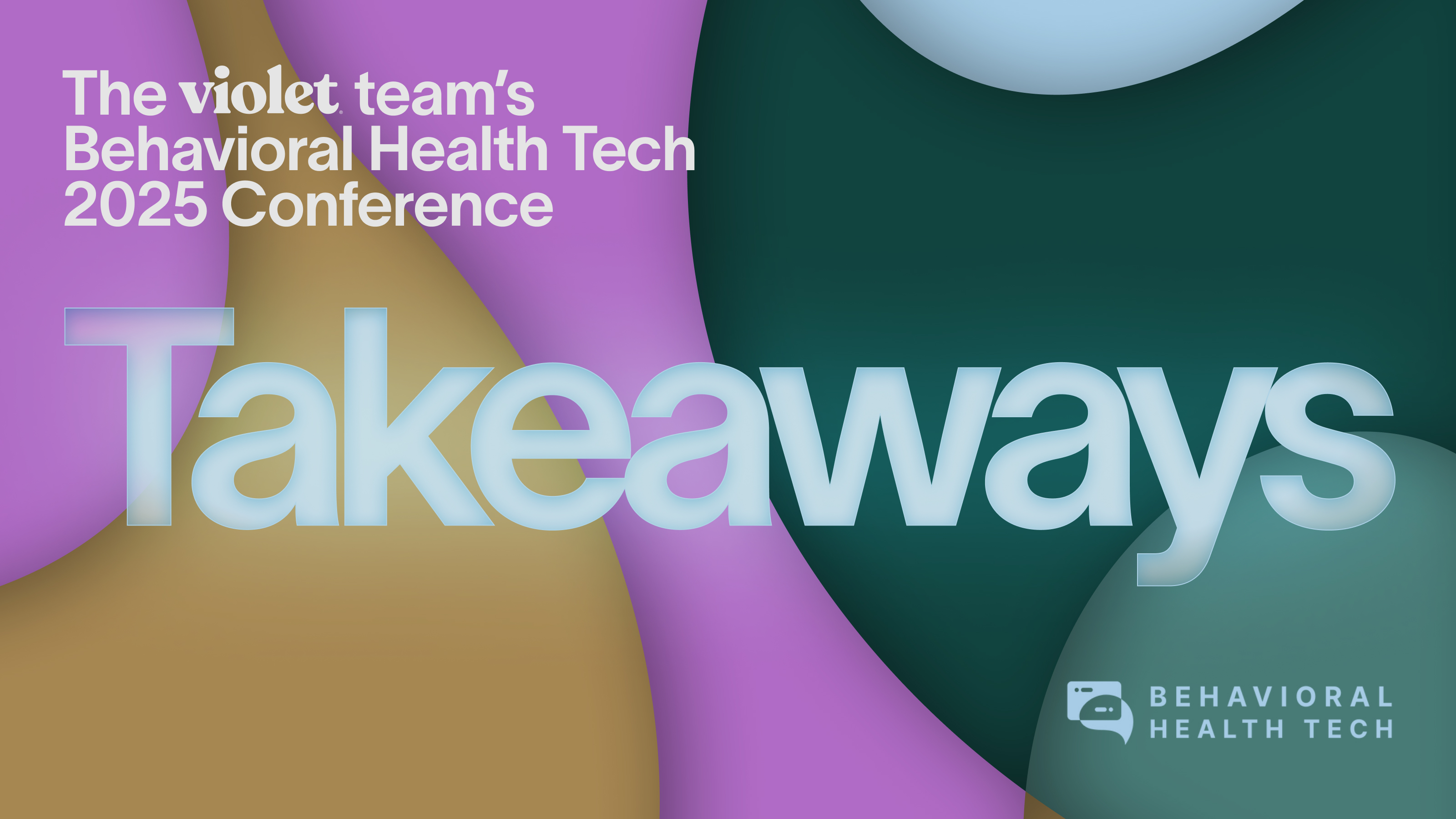Today, the Supreme Court overturned Roe v. Wade in a 6-to-3 ruling, ending a 50-year constitutional right to abortion access.
Violet believes that equitable health care is a human right and access to safe abortions is health care. This isn’t a political issue; this is a human rights issue.
Given our emphasis on health care for culturally diverse communities, this overturn is an attack on the very people for whom Violet advocates quality, equitable, and culturally competent care. This decision will have a grave impact on the health care of our country and will be most exacerbated for communities already impacted by deep health inequities.
Roe v. Wade.
Roe v Wade was a landmark decision made in 1973 by the US Supreme Court in which the Court ruled that the Constitution of the United States protects a pregnant person’s liberty to choose to have an abortion without excessive government restriction.
Almost two months ago, a draft opinion was leaked from the Supreme Court, showing that the landmark Roe v. Wade would be overturned.
Now with the overturn of Roe v. Wade, almost half of the country’s states will all but completely ban abortions.
Impact on BIPOC communities.
While Roe v. Wade had been in place for almost 50 years, many communities of color have never fully benefited from the protections it promised. Women of color are more likely to live in states with the most restrictive abortion laws, and are also more likely to experience barriers to abortion and other reproductive and maternal health services, including contraception, maternity care, and screenings for reproductive cancers.
Black and Latine/x women experience higher rates of unintended pregnancy than their white counterparts, and Black women are dying at three to four times the rate of white women due to complications of pregnancy and childbirth. AAPI women are less likely to seek reproductive health care or use birth control due to cultural stigma, lack of health care coverage, and more.
The projected abortion bans to result from this overturn will likely drive further stigmatization of not just abortion but also miscarriages, as well as open the door for policing of people already disproportionately targeted through racial profiling and other bias.
Systemic, interpersonal, and internalized racism contribute to the health disparity gaps for BIPOC communities and the overturn of Roe v. Wade will only further the burdens these communities carry.
Impact on LGBQ and TGNC communities.
The conversation around abortion has historically excluded LGBTQIA+ individuals and even finding statistics about abortions for LGBTQIA+ patients is difficult, in part, because of inadequate inclusive data and, in certain cases, lack of patient disclosure of identities. In reality, abortion bans do impact LGBTQIA+ communities and will further exacerbate existing health disparities and care gaps around unintended pregnancy and access to care.
Lesbian, bisexual, queer and other sexual minority women have higher odds of unintended pregnancies compared to heterosexual women, as do transgender and gender non-conforming individuals. In addition, LGBTQIA+ individuals are at higher rates of sexual assault and less ability to seek crisis care, leading to increased possibility of unintented pregnancies.
Contraceptive planning for LGBTQIA+ individuals is not usually provided at the rates of heterosexual, cisgender patients and clinicians often do not know best care practices. Coupled with less access to appropriate contraception, is lower rates of health insurance and lack of affirming and safe care. Inclusive clinics providing abortions are rare, and banning abortion will cut off the few existing places that LGBTQIA+ patients can seek safe and appropriate care.
Beyond abortion, some advocates warn that the overturn of Roe v. Wade will open the flood gates for further draconian policies dismantling bodily autonomy for transgender individuals in health care settings. At Violet, we know that bodily autonomy, sovereignty, and self-determination rely on the sanctity of personal choice. From lack of abortion rights to tenuous freedom for LGBQ and TGNC communities, Violet will continue to promote person-centered care rooted in cultural sensitivity and health equity.
As a clinician, what can you do?
1. Educate yourself.
- In this time, culturally competent care is even more urgent. Educate yourself on the health disparities that exist for women, women of color, LGBQ, and TGNC communities, including all the various intersections.
- Approach patients with empathy, use inclusive language, and recognize the impact of trauma both past and present when discussing care with your patients.
- Understand the chronic health conditions BIPOC communities face, most often as a result of social determinants of health.
- Begin your antiracism work and infuse it into every aspect of your practice.
2. Recognize that abortion care affects all genders.
- If you provide access to abortion procedures, make sure your physical spaces are affirming to all genders who may be seeking care. Have affirming office decor or easily accessible and visible resources for TGNC individuals. Share your pronouns first upon meeting your patient. Then ask for theirs.
- Utilize this important clinician’s guide for trans-inclusive abortion services.
- Share important resources like this abortion resource guide for trans bodies or this inclusive care for TGNC family planning.
3. Build community & support grassroots organizations.
- Now is the time to lean on each other for resources, information, and education. Gather grassroots lists and resources and share them out as widely as possible. Like this guidebook written by abortion rights activist Robin Marty, this comprehensive list of local abortion funds by state, or even this digital health org providing at-home, medical abortions.
- Remind patients in restrictive states to protect their cyber security when accessing resources online.
- Be careful of misinformation. Check your citations and resources.
- Mutual aid and reproductive justice organizations are leading the charge right now. Find your local org and get involved.
- When working within a community, lead with empathy, recognize your own internal biases and privileges, and always ask questions rather than assuming.
The overturn of Roe v. Wade by the Supreme Court today doesn't affect just women and birthing people — it affects everyone. Violet will continue in our mission to build health equity and as part of this work, will fight for abortion rights for everyone.

.svg)





.png)
.png)




.svg)



.svg)

